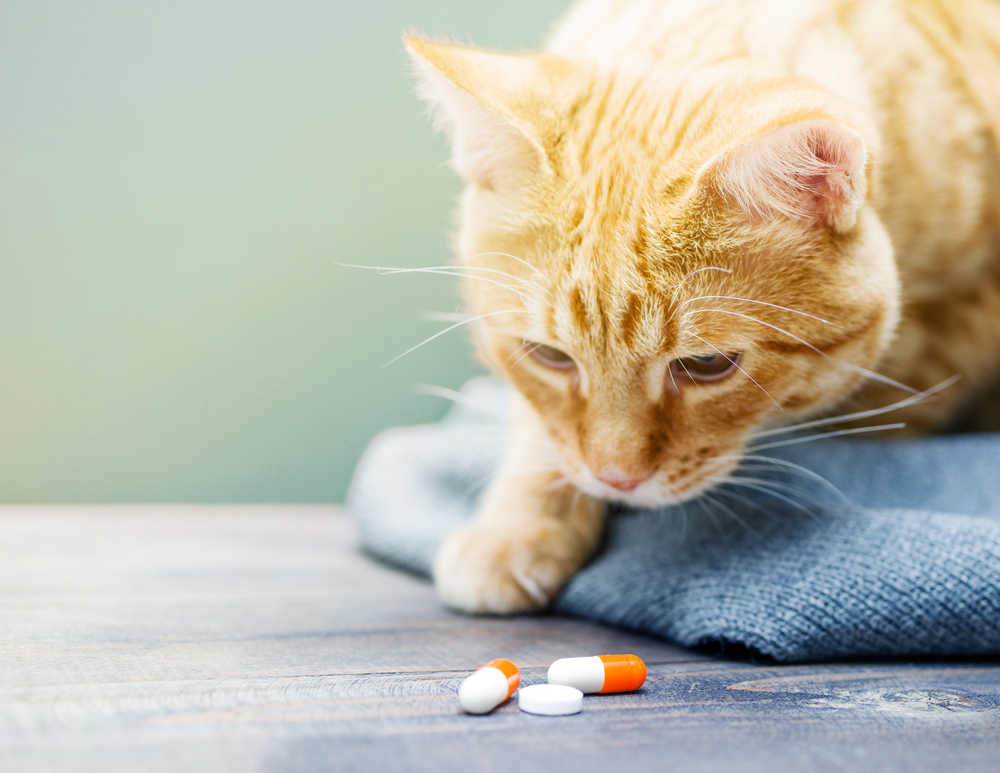Nutritional Supplements for Your Pet's Bone & Joint Health
Whether they feel physically energetic or not, dogs of all ages have playful spirits, and there’s almost nothing more heartbreaking than seeing a dog who’s experiencing too much joint pain and discomfort to chase a ball, greet you at the door, or jump onto the sofa for snuggling. When a dog begins losing mobility, his or her reluctance to play is usually related to one or more joint diseases.

Developmental Joint Disease vs. Degenerative Joint Disease in Dogs
There are two different types of joint diseases that dogs experience:

Developmental
Dogs are born with developmental joint diseases, which are caused by the incorrect development of a dog’s musculoskeletal structure. One of the most common is hip dysplasia. Many popular dog breeds have a predisposition to hip dysplasia, a condition characterized by overly large hip sockets that allow the bones to pop in and out of the joint.
Degenerative
Degenerative joint diseases, on the other hand, are not related to development. They tend to occur later in a pet’s life or as a result of another condition, such as obesity. One of the most common degenerative diseases pets face is osteoarthritis which is characterized by the deterioration of joint cartilage and the subsequent inflammation of the joints.
Regardless of whether a pet suffers from degenerative or developmental joint disease, the symptoms of joint problems can be severe.
Signs and Symptoms of Joint Disease in Pets
- Pain, stiffness, and lost range of motion
- Decreased activity
- Reluctance to play
- Lethargy
- Swollen joints
- Change in posture or gait
- Muscle degeneration
- Refusal to jump up or down or climb stairs
- Favoring one side
- Limping
- Using only the front legs to stand
- Appetite loss
- Behavior or temperament changes

Supplements for Pet Joint Health from VetMedics Compounding Pharmacy
When it comes to maintaining your pet’s joint health and/or managing their joint-related pain and stiffness, one of the best strategies starts with proper nutrition. Certain nutrients can help your pet’s body produce new joint tissues and lubricate their joints to help prevent damage, repair previous damage, and slow the progression of degenerative diseases.

There are a variety of nutritional supplements that can help slow the progression of disease and improve your pet’s mobility, strength, and balance while managing pain.
- Chondroitin
- Glucosamine
- Omega-3 Fatty Acids
- Hyaluronic Acid
- Collage
- Proline
VetMedics Compounding Pharmacy is proud to offer Long Island pets with a variety of high-quality nutritional supplement options. With everything from tablets and capsules to chewy treats, our compounding pharmacy makes it simple to keep your pet energetic and pain-free with nutritional supplements for joint health. To learn more about nutritional supplements for pets and our compounding pharmacy services, contact us today.
 ACCOUNT LOGIN
ACCOUNT LOGIN ACCOUNT SIGN-UP
ACCOUNT SIGN-UP





 CLINIC LOGIN
CLINIC LOGIN